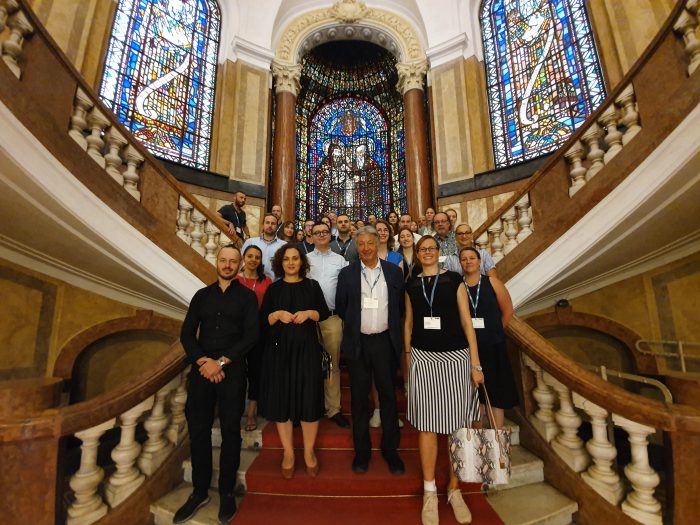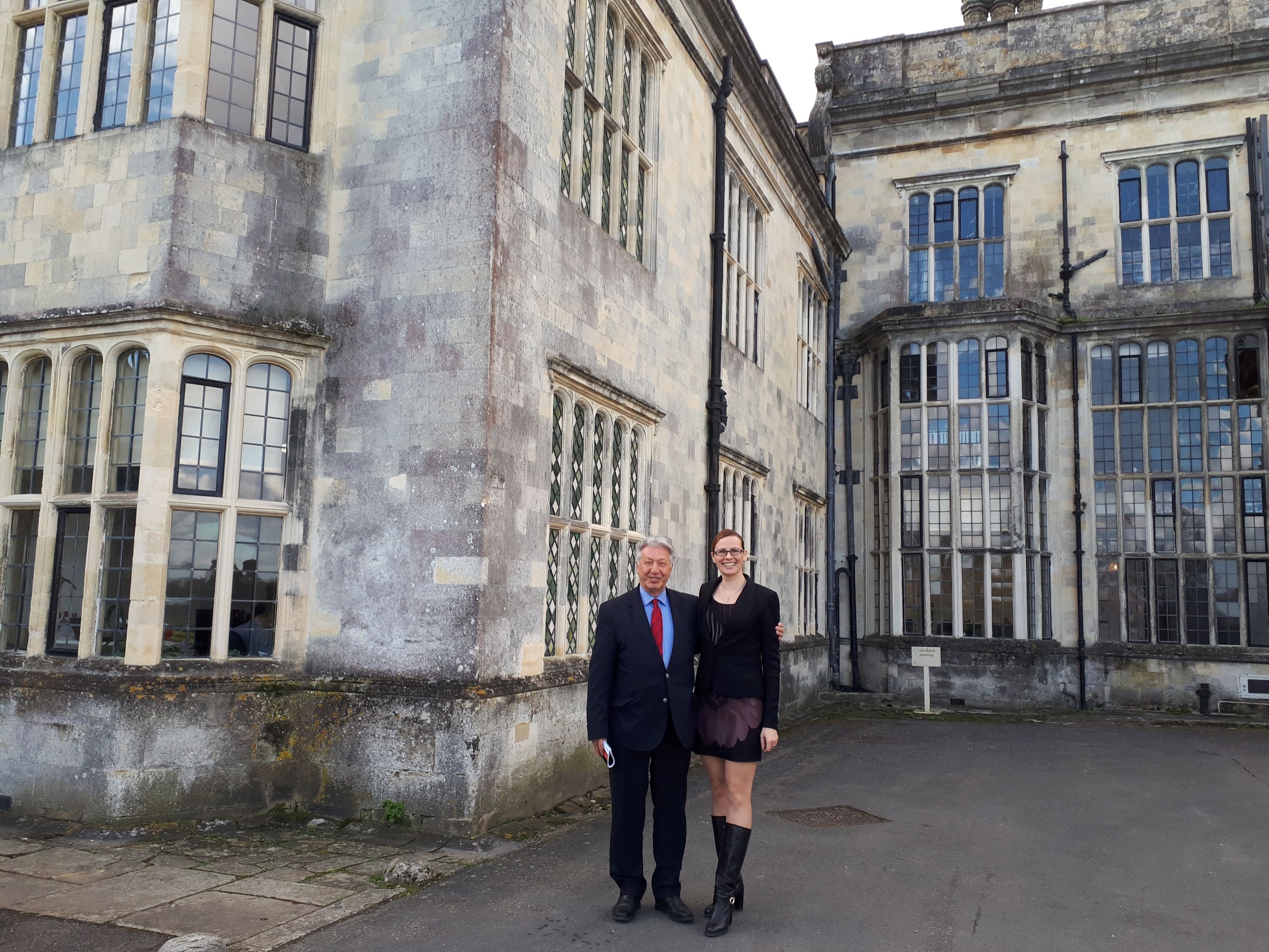Balkan Criminology's Mission
Since its founding in 2013, Balkan Criminology has evolved from a mainly academic research group towards a partner of global players in tackling organised crime. Likewise, our mission has evolved form scientific research towards more actively engaging in changing the criminal landscape of the Balkans when it comes to organised crime and criminal state capture. Our main mission is to facilitate joint action between various actors involved in tackling organised crime in the Balkans, while ensuring highest scientific standards are meaningfully put to use in a practical manner.
Balkan Criminology’s mission has been presented to the relevant expert audience in July 2019 in Sofia at the ECPR Standing Group on Organised Crime’s third General Conference on Dismembering Organised Crime: Identifying, Analysing and Countering, and more recently in February 2020 at the Wilton Park Conference on Tackling organised crime in the Western Balkans, jointly organised by the UK Foreign and Commonwealth Office, the UK Home Office, the Global Initiative Against Transnational Organized Crime, the United Nations Office on Drugs and Crime and the Siracusa International Institute for Criminal Justice and Human Rights.

(Sofia 2019: Ms Fatjona Mejdini, Prof. Dr. Uglješa Zvekić and Prof. Dr. Anna-Maria Getoš Kalac)

(Wilton Park 2020: Prof. Dr. Uglješa Zvekić and Prof. Dr. Anna-Maria Getoš Kalac)
Key Tasks
1. Bridging civil society and investigative journalism against organised crime in the Western Balkans
We interconnect civil society with academia, investigative journalism and criminal justice actors in order to build resilience against organised crime and criminal state capture in the Balkans. Our main activity aimed at fulfilling this challenging task is to organise and host intensive training courses that bring together international experts from academia, renowned investigative journalists and expert practitioners from law enforcement and the judiciary (for more details please see here).
2. Balkan Criminology network of regional experts
The Balkan Criminology Network (BCNet) has been one of the cornerstones we have built our success upon. BCNet initially started out as a loose cooperation between individual experts from the Balkans and more broadly from Southeast Europe, with the joint mission to conduct criminological, penological and victimological research in the Balkans. The BCNet quickly developed into an institutional cooperation of universities/faculties/institutes from as many as 16 countries: Albania, Bosnia and Herzegovina, Bulgaria, Croatia, Germany, Greece, Hungary, Italy, Kosovo, Montenegro, North Macedonia, Romania, Serbia, Slovenia, Switzerland and Turkey. Meanwhile lead experts from the BCNet have been identified and have been joined by further colleagues as members and associates of Balkan Criminology. Amongst other activities, we have annually organised Balkan Criminology conferences and continue to host the European Society of Criminology’s Working Group on Balkan Criminology.
3. Research on Balkan-specific crime phenomena
Balkan Criminology is engaged in conducting research on organised crime, criminal state capture, corruption and criminal tycoonisation in order to promote justice, raise awareness and change attitudes, all with the ultimate goal to foster a resilient spirit against agents of crime. In a first undertaking we investigated (the potential for) criminal tycoonisation in the domain of public research funding in Croatia. First results make a strong case for Croatia’s breach of academic freedom as a fundamental human right under article 10 of the European Convention on Human Rights, and thus highlight that the domain of public research funding is as susceptible to criminal state capture as any other governmental domain. This is particularly worrisome as it puts into question freedom of research and expression in general, as well as specifically when it comes to corruption and organised crime. Our research has already raised the attention of Croatian and international media, as well as the relevant international research community (e.g. European Society of Criminology, KrimG and Société internationale de défense sociale pour une politique criminelle humaniste). The research we conducted eventually resulted in a thematic session of the Parliament’s Committee on education, research and culture on the challenges and future perspectives of the work of the Croatian Science Foundation.
4. Balkan organised crime platform
Under development – forthcoming 2020/2021
